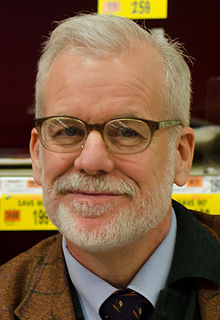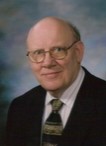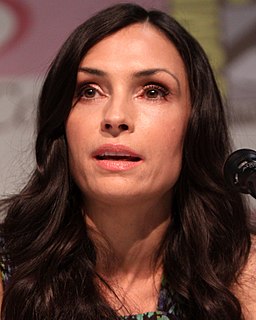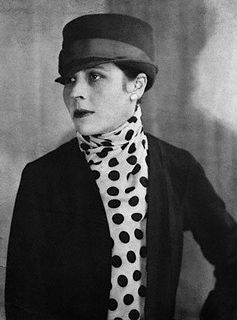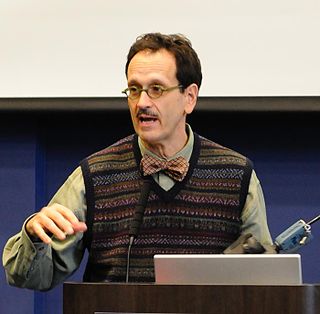A Quote by Richard Curtis
I have no problem selling books to media franchises and we do it all the time. The author must understand that he/she is a writer for hire and has no control over copyright or over editorial changes made to the text.
Related Quotes
We must be forewarned that only rarely does a text easily lend itself to the reader's curiosity... the reading of a text is a transaction between the reader and the text, which mediates the encounter between the reader and writer. It is a composition between the reader and the writer in which the reader "rewrites" the text making a determined effort not to betray the author's spirit.
One of the most useful parts of my education as a writer was the practice of reading a writer straight through - every book the writer published, in chronological order, to see how the writer changed over time, and to see how the writer's idea of his or her project changed over time, and to see all the writer tried and accomplished or failed to accomplish.
I seem to have been cast several several times to do it. I think in this one, Phoenix is not purely evil. She was in the comic books at some point but the way the writers created her or we always talked about her, was that she was torn with her powers taking over and trying to control them at the same time. It was challenging to play which made it interesting for me to play this character.
She was nervous about the future; it made her indelicate. She was one of the most unimportantly wicked women of her time --because she could not let her time alone, and yet could never be a part of it. She wanted to be the reason for everything and so was the cause of nothing. She had the fluency of tongue and action meted out by divine providence to those who cannot think for themselves. She was the master of the over-sweet phrase, the over-tight embrace.
The weirdest thing to me is that magazines would never do this for their writers. They would never hire a writer who writes for another magazine; they want to have their own stable of writers. Newsweek would never hire a TIME writer, and TIME would never hire a Newsweek writer - but they would both hire the same photographer to shoot a cover for them.
I define democracy as control by the people. Slaves are those who allow others to control their lives. Insofar as people succeed in solving their problems fairly and efficiently at a grassroots level, they retain control over their lives. Insofar as they delegate their problem solving to a higher authority, they lose control over their lives.
We are living in a time where we just don't have enough time. People are rushed. They're over worked, over scheduled. Not enough resources. ...But the thing that I want people to understand in this campaign is that families can make small manageable changes in their lives that can have pretty significant impacts.





